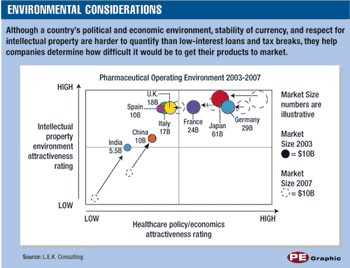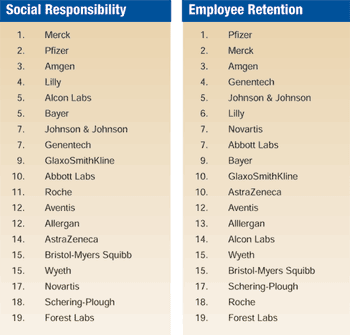
Not long ago the average pharma development organization spent $100 to $200 million a year. It consisted of about 100 people working on only a half dozen compounds. Its leaders typically knew all their employees by name. There was a good deal of visibility within the organization: Managers could see from top to bottom and could make decisions aided by nothing but their own brains.






